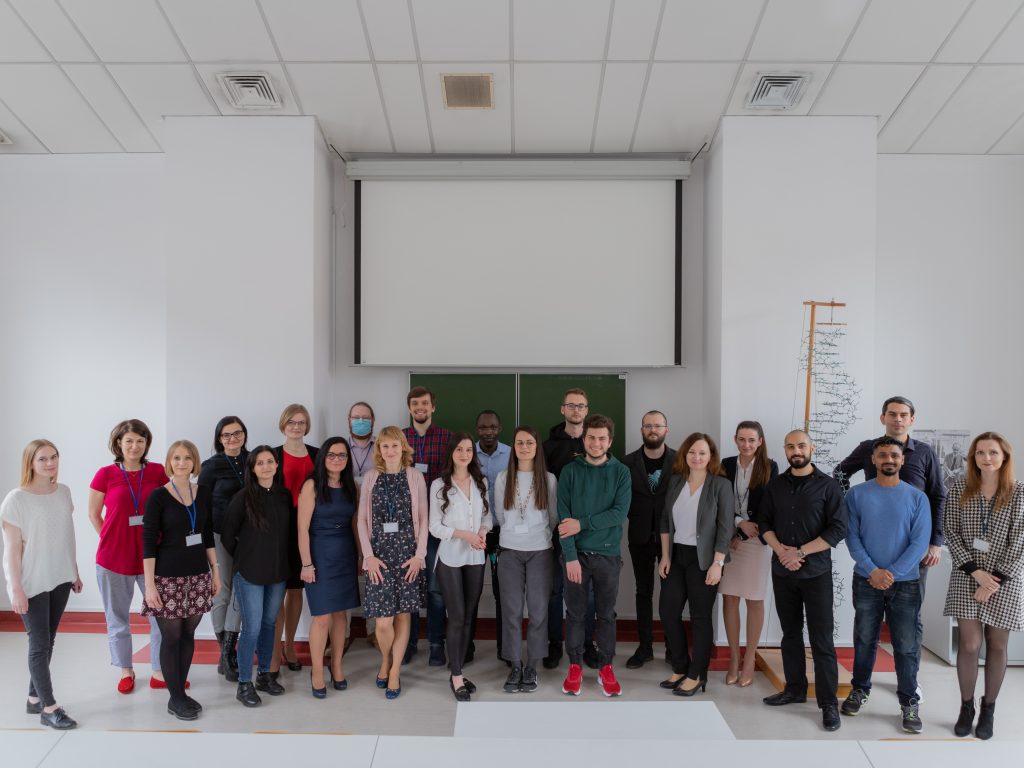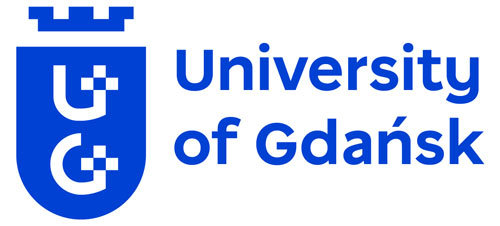The International Centre for Cancer Vaccine Science at the UG has received more than one million PLN of additional funding from the Foundation for Polish Science increasing the funds of the project carried out as part of the International Research Agendas programme. This makes it the highest-financed scientific research project currently underway at the University of Gdańsk (total research funding is PLN 42,122,280).
The interdisciplinary research team of the International Centre for Cancer Vaccine Sc ience (ICCVS) works on development of anti- cancer vaccines and novel diagnostic and prognostic strategies.
ience (ICCVS) works on development of anti- cancer vaccines and novel diagnostic and prognostic strategies.
Currently ICCVS is focused on personalized cellular vaccine against non-small cell lung cancer (NSCLC). The ICCVS team led by director and leader of Cancer Immunology group Natalia Marek- Trzonkowska elaborated the algorithm for identification and isolation of tumour specific T cells that are able efficiently kill autologous cancer cells. The first in vitro and in vivo results are very promising. The team estimates that clinical trial can be launched within the 5-year perspective.
Understanding, how the immune system recognizes and interacts with cancer is the main interest of the researchers from ICCVS. Cancer onset is a consequence of development of immune evasion and immune suppression strategies by malignant cells. Therefore, the Centre conducts immunopeptidomic studies on antigen presentation. Their critical aspect is identification of neoantigens, namely tumour unique antigens. Neoantigens are perfect candidates for peptide- based anti-cancer vaccines and are very important element for development of cellular therapies of cancer.
ICCVS team also sees a great potential in comparative and evolutionary biology. The researchers have been developing caninized (like in a dog) antibodies that will find their application in studies on cancers in accompanying animals. The scientists from ICCVS are convinced that studying cancers developing in dogs that live in our homes may teach us more than experiments based only on laboratory rodents, where cancers are artificially induced. Moreover, the researchers from ICCVS have just published revolutionizing data regarding elephant genetics that deliver clues and tools for development of novel anti-cancer strategies. ICCVS team has also discovered recently that regulatory T cells (Tregs) internalize mitochondria derived from different cells, including those of unrelated donors in major histocompatibility complex (HLA) dependent manner. The consequence of the mitochondria uptake by Tregs is an increase in their immunosuppressive potential. This intriguing phenomenon will be used not only in anti-cancer therapies, but also in transplantology and treatment of autoimmune disease.
Foregoing studies of scientists from ICCVS have resulted in several important discoveries, European patent applications and novel approaches published in recognized scientific journals, such as Nature Methods (IF= 47.990), Nature Communications (IF= 17.694) or Molecular Biology and Evolution (IF=16.240).
The project “International Centre for Cancer Vaccine Science” received funding from the Foundation for Polish Science programme entitled “International Research Agendas”. “International Research Agendas”, financed by the European Regional Development Fund within the framework of the Operational Programme Intelligent Development, Axis IV: Increasing scientific and research potential, Measure 4.3. International Research Agendas.
Selected scientific publications:
Padariya M, Jooste M, Hupp T, Fåhraeus R, Vojtesek B, Vollrath F, Kalathiya U, Karakostis K, The Elephant Evolved p53 Isoforms that Escape MDM2-Mediated Repression and Cancer, Molecular Biology and Evolution, Volume 39, Issue 7, July 2022, msac149, https://doi.org/10.1093/molbev/msac149
Piekarska K, Urban-Wójciuk Z, Kurkowiak M, Pelikant-Małecka I, Schumacher A, Sakowska J, Spodnik JH, Arcimowicz Ł, Zielińska H, Tymoniuk B, Renkielska A, Siebert J, Słomińska E, Trzonkowski P, Hupp T & Marek-Trzonkowska N, Mesenchymal stem cells stransfer mitochondria to allogeneic Tregs in an HLA-dependent manner improving their immunosuppressive activity, Nature Communications, 14 February 2022, doi: 10.1038/s41467-022-28338-0
Alfaro JA, Bohländer P, Dai M, Filius M, Howard CJ, Kooten XF, Ohayon S, Pomorski A, Schmid S, Aksimentiev A, Anslyn EV, Bedran G, Cao C, Chinappi M, Coyaud E, Dekker C, Dittmar G, Drachman N, Eelkema R, Goodlett D, Hentz S, Kalathiya U, Kelleher NL, Kelly RT, Kelman Z, Kim SH, Kuster B, Rodriguez-Larrea D, Lindsay S, Maglia G, Marcotte EM, Marino JP, Masselon C, Mayer M, Samaras P, Sarthak K, Sepiashvili L, Stein D, Wanunu M, Wilhelm M Yin P, Meller A, Joo C, The emerging landscape of single-molecule protein sequencing technologies, Nature Methods, 7 June 2021, doi: 10.1038/s41592-021-01143-1
More information: www.iccvs.ug.edu.pl


